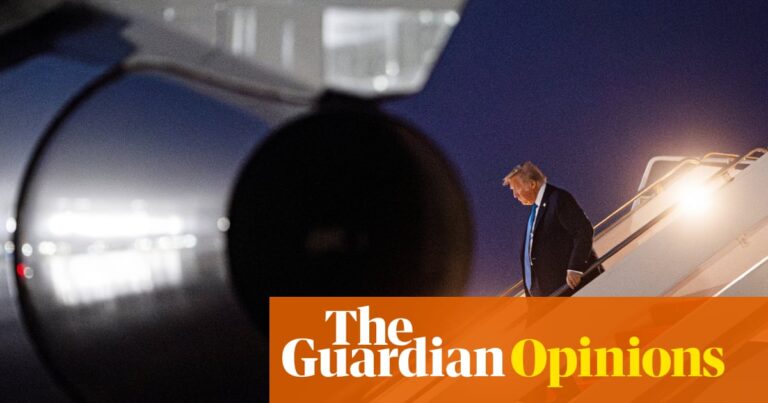India Calls for Unrestricted Trade Within BRICS: A Bold Move to Dismantle Export Controls and Strengthen Ties
India Advocates for Free Trade Among BRICS Nations at Recent Ministerial Meeting
In a significant move to enhance trade dynamics within the BRICS bloc, India has urged member nations to dismantle export controls that hinder cooperative economic growth. This appeal was made during the 15th BRICS trade ministers’ meeting held in Brazil, where Yashvir Singh, an economic adviser in the Department of Commerce, represented India.
Promoting Economic Cooperation within BRICS
The discussions at the BRICS meeting primarily revolved around measures to eliminate restrictive trade practices that disrupt critical supply chains. Singh’s remarks emphasized that such export limitations could potentially harm the economic fellowship that the BRICS nations aim to cultivate.
-
Highlight on Collaboration: India’s position underscores the significance of mutual support within the bloc. Export controls not only hinder trade but also undermine the collective goal of bolstering economic resilience among member states.
- Critical Supply Chains: The ongoing disruptions from global economic fluctuations, including the fallout from the COVID-19 pandemic and geopolitical tensions, have showcased the vulnerability of supply chains. Singh’s emphasis on dismantling export controls points towards a broader strategy for establishing a cooperative and stable trade environment.
The Importance of Trade Liberalization
In the context of global trade, liberalizing export controls can foster a more interconnected economy. BRICS, which consists of Brazil, Russia, India, China, and South Africa, represents a substantial share of the world’s population and economic output. Here’s why trade liberalization within this bloc is essential:
-
Economic Growth: Reducing export restrictions can lead to increased trade volumes, which is crucial for economic growth in emerging markets.
-
Increased Investment: A more open trade environment tends to attract foreign direct investment, contributing to infrastructure development and job creation.
-
Enhanced Competitiveness: Member nations can benefit from sharing resources and comparative advantages, allowing them to compete more effectively on the global stage.
- Synergy in Challenges: In facing shared challenges, like climate change and food security, a cooperative trade policy among BRICS nations can enable them to tackle such issues collectively.
Next Steps for BRICS Members
As BRICS countries move forward, several steps could be taken to align their export practices and enhance trade efficiency:
-
Establish a Common Trade Policy: BRICS members could work towards developing a unified trade approach that minimizes export controls and fosters an open economy.
-
Create Incentives for Trade Collaboration: Introducing incentives for businesses to engage in intra-BRICS trade can further promote cooperation and understanding among member nations.
- Develop a Communication Framework: A structured communication strategy that facilitates dialogue among member nations can help address concerns about trade restrictions promptly.
Conclusion: A Call for Stronger Economic Ties
India’s recent emphasis on dissolving export controls within the BRICS framework reflects a growing recognition of the interconnectedness of global economies. As the world continues to grapple with economic uncertainties, fostering an environment conducive to free trade will be crucial for the sustained health of the BRICS nations.
The collective voices of these emerging economies hold significant potential for reshaping global trade norms. By prioritizing collaboration and economic synergy, BRICS could serve as a vital player in the quest for a more equitable and prosperous global economic landscape.
In conclusion, the dialogue initiated by India at the BRICS trade ministers’ meeting serves as an important reminder of the power of unity in addressing global challenges and advancing mutual interests. As member nations reflect on these discussions, the imperative for embracing open trade and mutual cooperation becomes clearer than ever.




